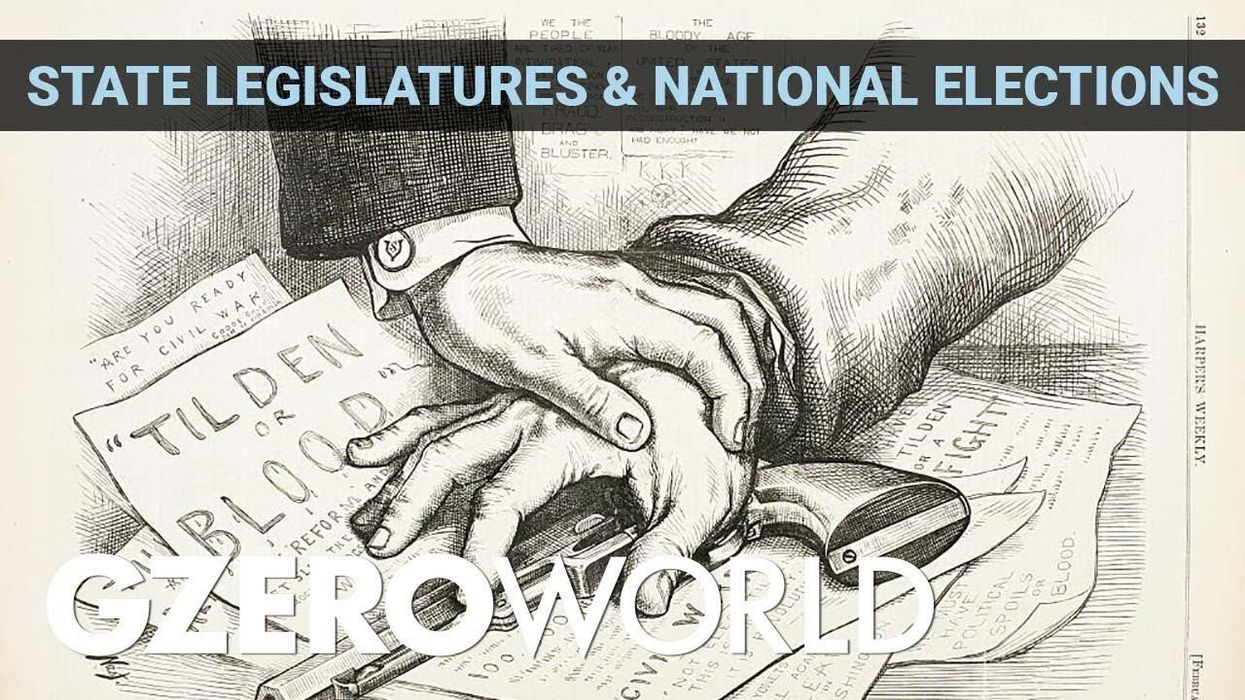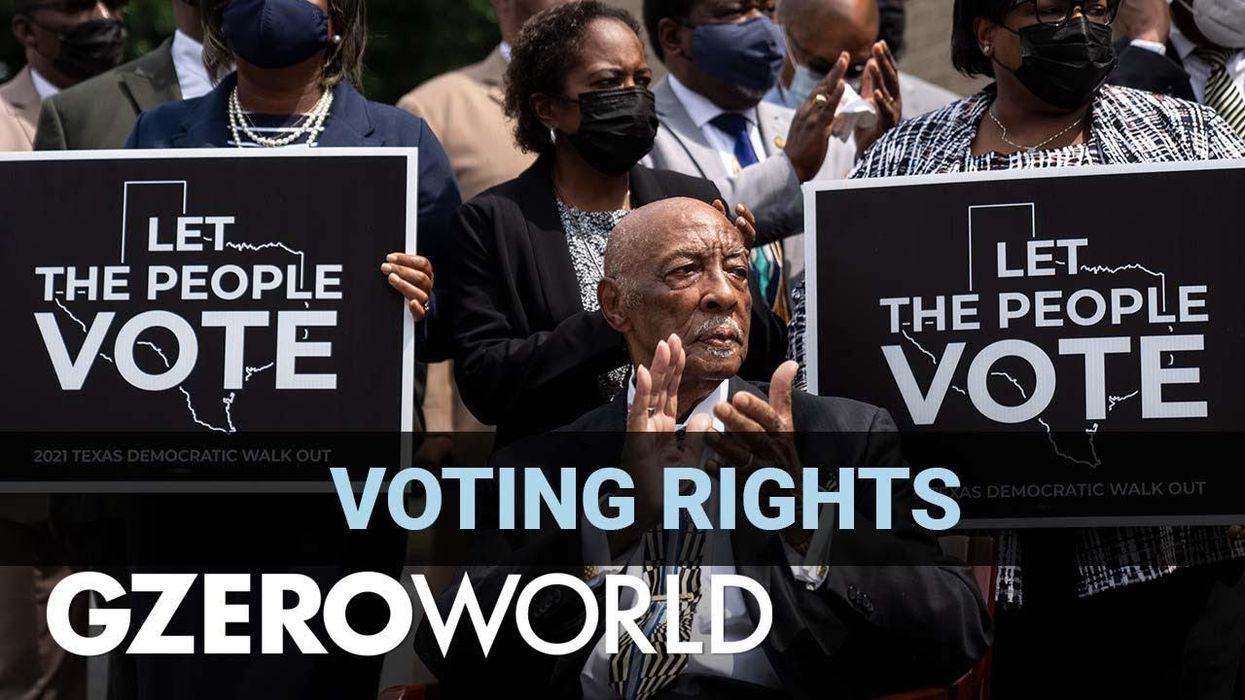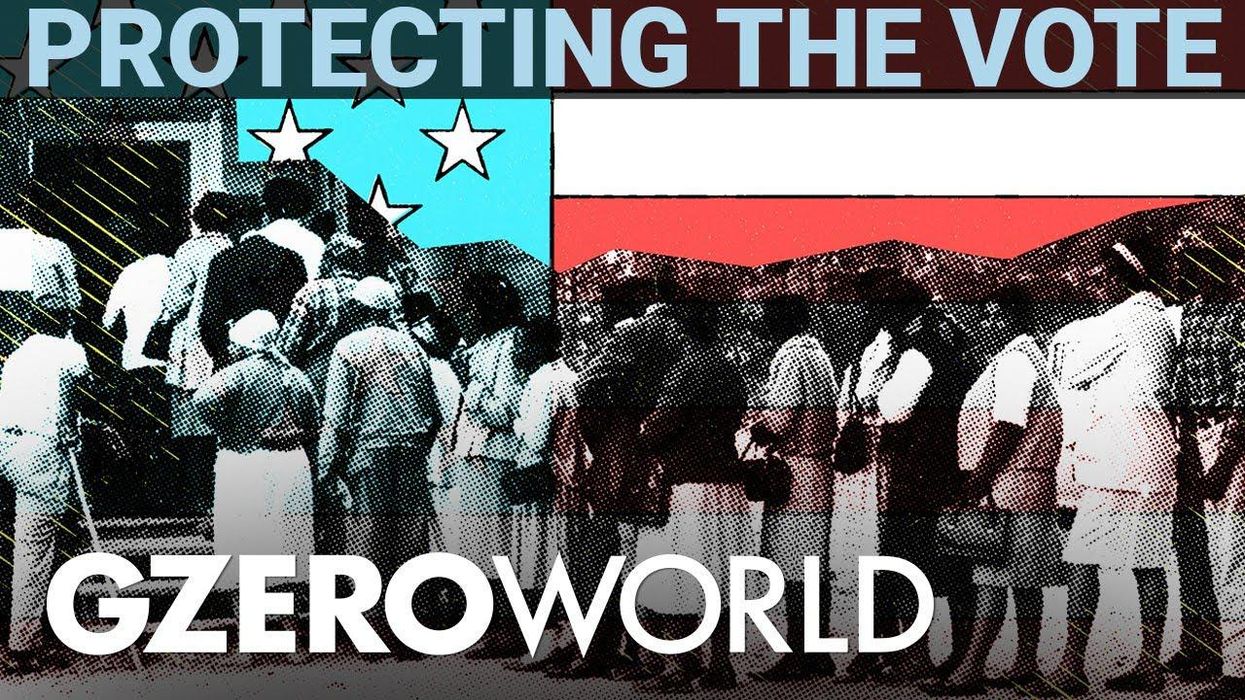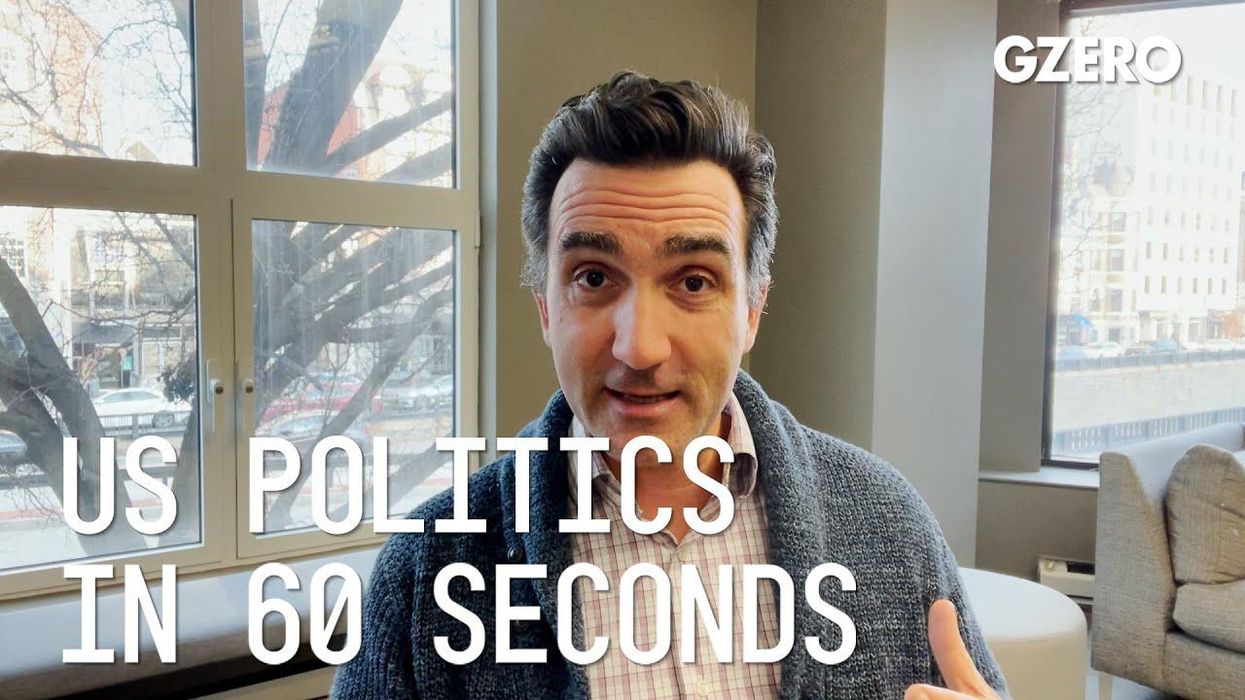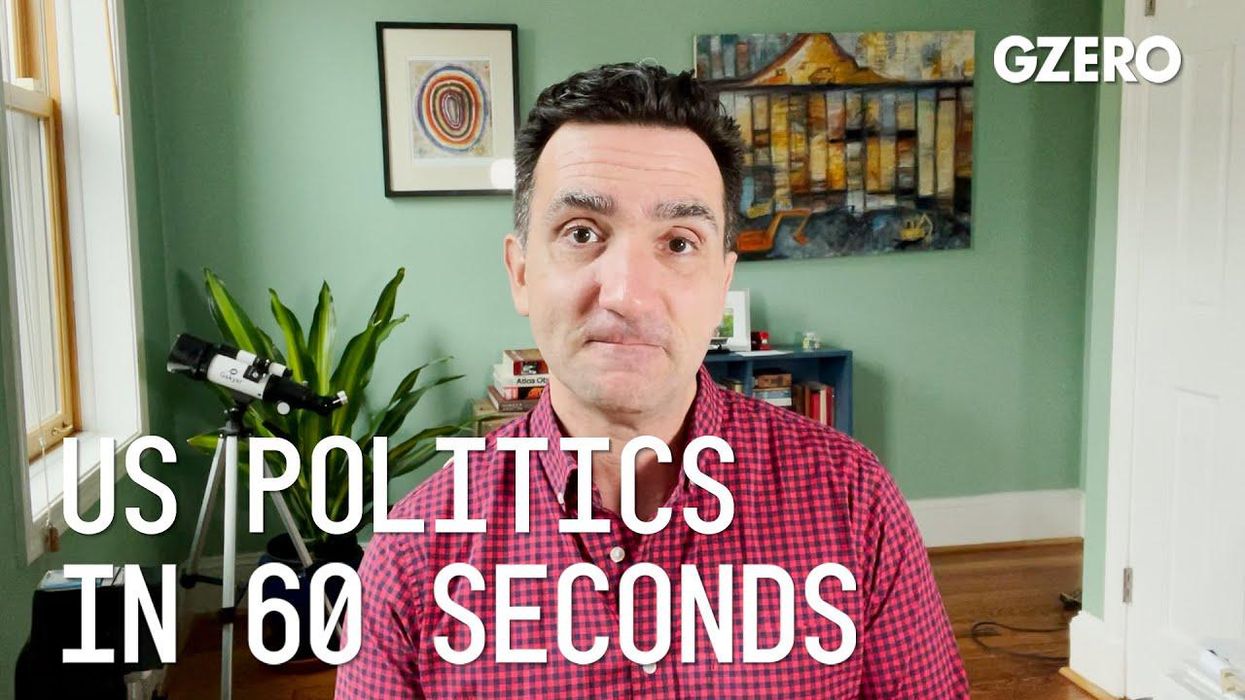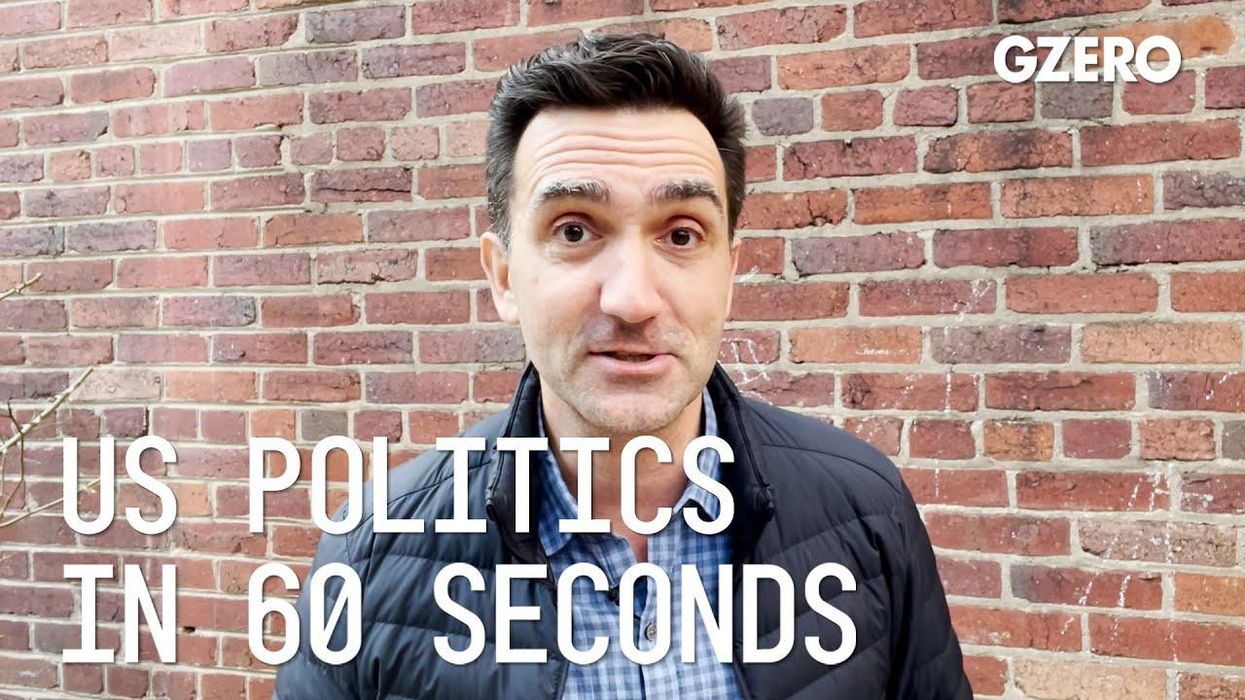GZERO World Clips
Trump's 2024 strategy could echo the disputed US election of 1876
For Pulitzer Prize-winning columnist Clarence Page, new voting laws in some Republican-led states could help Donald Trump do in 2024 what he failed to do in 2020. The changes, he says in a GZERO World interview, will make it easier for state legislatures to decide electoral college votes. That's exactly what Trump's people tried to do in the last presidential election.
Feb 09, 2022
